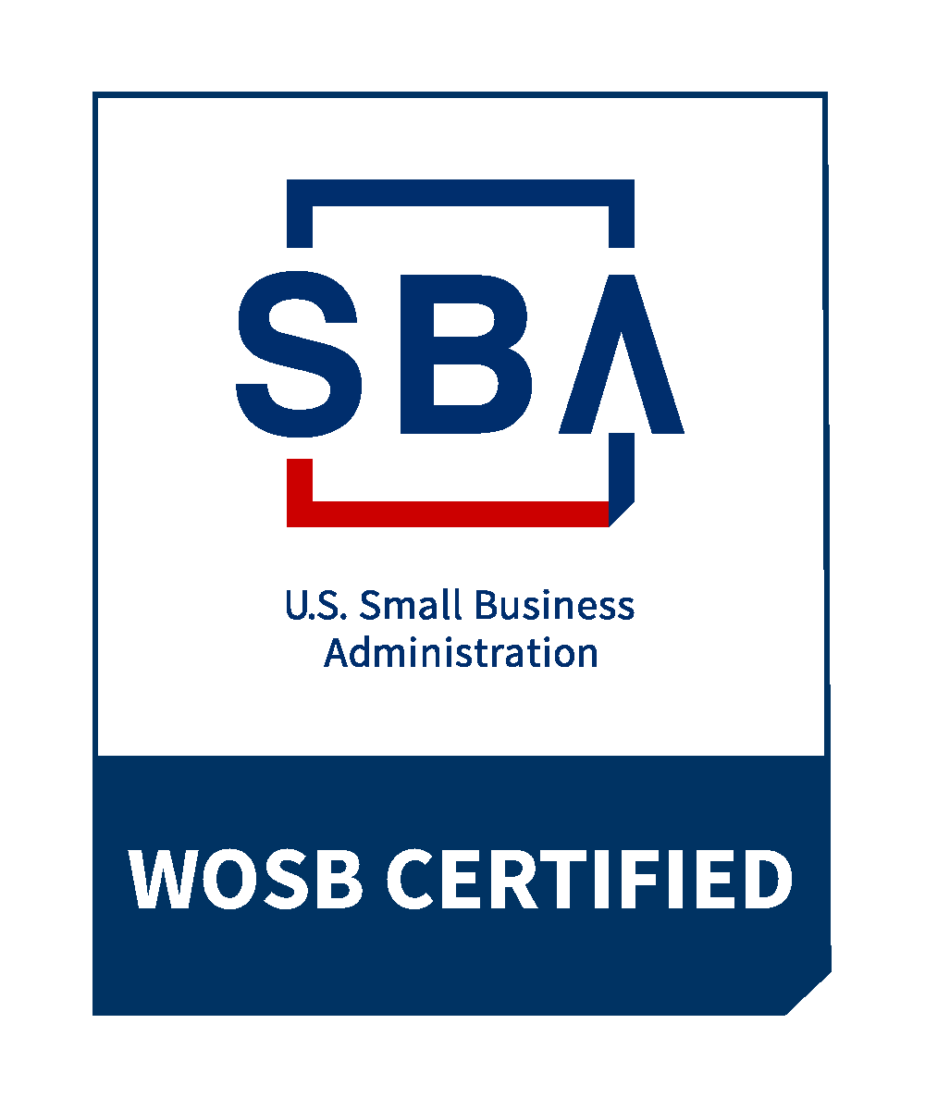ALE’s introductory workshops provide our clients with valuable information and resources to better conduct their business.

Integrated Product Support (IPS): An Introduction
ILS is a powerful methodology for reducing Life Cycle Cost (LCC) of systems and improving customer satisfaction through improved system availability. This one-day workshop provides an introduction to the objectives and elements of IPS and its benefits to modern programs. It provides the background needed for company leaders, program managers, and engineers to understand the role IPS has in ensuring customer satisfaction and meeting profitability goals. Product Managers new to the field of IPS will benefit by developing a fundamental understanding of the elements of IPS and the tools and techniques needed for success.
The desired learning outcomes of this workshop are to develop an understanding of the origin and objectives of IPS, become familiar with the elements of IPS and the common tools used in IPS, understand the challenges of IPS, and discover where IPS is going.
Logistic Engineering: An Introduction
Logistic Engineering is the application of Systems Engineering principles to cost-effectively develop systems, equipment, and their associated support. This one-day workshop familiarizes attendees with the objectives of Logistic Engineering, and its role and benefits in the life cycle management of modern systems and equipment.
The ideal candidate for the workshop is the government or industry contractor employee who is new to the acquisition or logistics field, or the operationally experienced enlisted person or officer who is newly assigned to the acquisition field. It is assumed that each participant is generally familiar with acquisition terminology through practical experience or Defense Acquisition University courses such as Acq 101 or equivalent courses.
The desired learning outcome for the workshop is a basic understanding of the tools and methodologies that are available and commonly used to accomplish logistic engineering and supportability analysis, and the inter-relationships between these tools and methodologies.
Reliability, Maintainability, and Availability (RMA): An Introduction
Modern complex system and equipment programs present challenging system operational availability and affordability requirements. RMA analyses provide the theoretical and practical tools to specify, predict, design-in, test, and demonstrate the probability of items (from individual parts up to entire systems) to perform for desired time periods in specified environments. RMA analyses also enable the monitoring and feedback of item/system performance to all concerned organizations and allow for implementation of any needed corrective action(s).
This one-day workshop is designed to provide program managers, engineers, and logisticians with a basic understanding of reliability, maintainability, and availability concepts, and their application to development programs. This course will help participants gain a practical knowledge of the elements of a successful RMA program and how to specify, plan, and manage them. Participants will become familiar with methodologies for accomplishing and integrating key elements of a RMA program, learn how to develop a plan and manage the program, and recognize what challenges exist and how to overcome them.
The desired learning outcome for this workshop is to develop an understanding of the concepts and objectives of RMA; introduce participants to common tools and techniques of RMA analyses; and help them understand the role, benefits, and challenges of RMA throughout the product life cycle.
we can tailor workshops
to fit your requirements
Are you interested in learning more about our Introductory workshops?
Use the form to the left to inquire about our logistics analysis, specialty analysis services, and integrated logistic support workshops.
Workshops are offered on a regional basis or as in-house training programs. When conducted in your company, the size of the group and the sample problems can be tailored to your specific programs. This method often results in the identification of cost avoidance opportunities exponential to the cost of the workshop itself. The cost of a typical in-house workshop is less than sending five employees to a regional workshop, and the opportunities for staff development are much greater.





